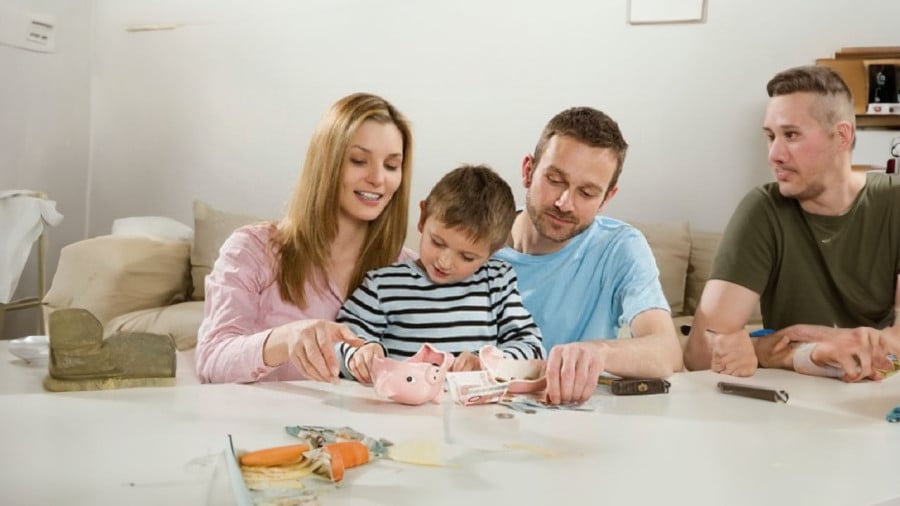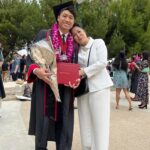There’s an old saying that goes, “The older the tree, the stronger the branches.” Messages abound encouraging childbirth before the age of 35, but what is the optimal age for parents?
What’s the Best Age for a Mother to Have a Child?
A survey conducted by the London School of Economics and Political Science involving nearly 20,000 newborns found that children born to women in their 30s tended to be more intelligent than those born to women in their 20s.
This advantage is largely due to socio-economic factors. By their 30s, mothers often have established careers, higher cognitive abilities, and better economic conditions than their younger counterparts.
As a result, they tend to have more knowledge about pregnancy and childcare, which positively impacts their children’s development.

A study from the University of Heidelberg, led by Dr. Mikko Myrskyla and Dr. Kieron Barclay, supports this idea. Their long-term research on tens of thousands of children revealed that those born to parents in their 30s and 40s tended to have higher IQs. The ideal age for childbirth, according to the study, is between 25 and 35 for women.
How a Father’s Age Impacts Child Development
The research also indicates that children born to fathers between the ages of 25 and 35 tend to be more intelligent than those with younger fathers. This may be linked to the quality of a man’s sperm, which is generally most active before the age of 25 and declines after 55. From 35 onwards, sperm quality gradually decreases, affecting the combination with eggs and, consequently, the health of future children.
What’s the Ideal Age Gap Between Parents?
According to the researchers, for optimal fertilization, a seven-year age gap between spouses is ideal. This gap also has psychological and social implications, as a more mature husband can provide a sense of stability and trust in the marriage.
However, it’s important to remember that life doesn’t follow a set pattern, and a child’s intelligence is influenced by various factors beyond their parents’ ages.

Why You Should Avoid Early Childbirth
It is generally recommended to avoid having children before the age of 25. Young parents may lack the necessary experience to handle the significant life change that comes with a new baby.
Additionally, early childbirth can negatively affect a woman’s psychology and health. It can increase the risk of uterine diseases and accelerate bone calcification, leading to osteoporosis and other bone-related issues.
From an economic and social perspective, women in their mid-20s have usually completed their higher education, established a career, gained life experience, and achieved financial stability. Their psychological and physiological conditions are also more favorable for pregnancy and childbirth, reducing the risks associated with hypertension and other complications. This maturity also better equips them to handle the responsibilities of motherhood.
The 4 Types of Parenting Styles That May Hinder Your Child’s Optimal Development
As a mother, you always want what’s best for your child’s development. However, there are certain types of mothers who, intentionally or unintentionally, hinder their children’s opportunities to thrive. Let’s explore the four types of motherhood styles that could be holding your child back, so you can avoid these regrettable mistakes and give your little one the best chance to flourish.






































